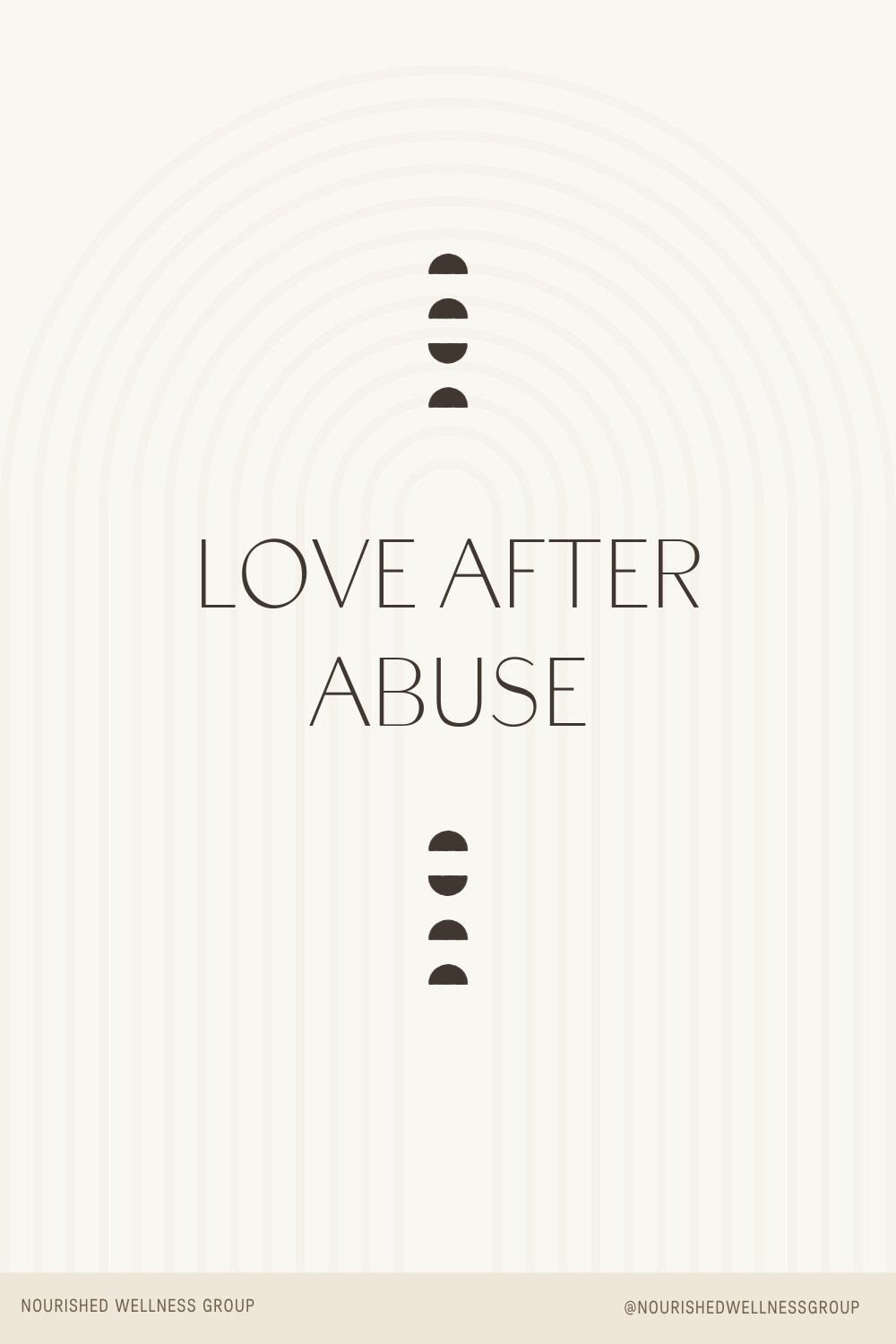Self-Compassion + Your Nervous System
Hello, Gabrielle here. I want to encourage you to settle in for a moment and take what you need to from this today. I’m going to guide you through a few ways in which self-compassion can be a tool that you use to support regulating your nervous system. If you are not too sure what I’m referring to when I mention self-compassion; it’s a combination of being kind to ourselves, remembering how human we are and how connected our experiences are, and a type of curious and accepting observation of our thoughts, feelings, and behaviors.
A quick way to check-in on how your relationship with yourself and with the other people that you love in your life may differ is to consider how you tend to respond to others when they’re having a hard time and reflect that against how you respond to yourself when you’re struggling.
———————————————————————————————————————————————————————————————————————————————————
How we respond to ourselves matters.
our narrative
We are always telling ourselves stories and the truth is that these stories can be easily influenced. The meaning that we are make out of any situation is impacted in part by our nervous system. The idea is that our narrative, or the story we are telling ourselves, follows the state that we are in.
Let’s use an example, let’s say that you are in a busy park. If your nervous system is in the safe + social state (regulated), your narrative might be something like ‘I am grounded and the world around me is vibrant’. If your nervous system is in the mobilized state (hyperarousal, think fight or flight), your narrative could be something like ‘I’m on edge and the world is overstimulating and unpredictable’. If your nervous system is in the immobilized state (hypoarousal, think freeze), your narrative may be something like ‘I am exhausted and the world is moving at a pace that I can’t keep up with”.
Very different meanings get made depending on how your mind and body are functioning at any given moment. Things like reframing and adjusting your perspective can allow us to change how we respond to our experiences, which is especially important when we’re having a hard time.
Our stress responses
Just as our stories are different depending on how the nervous system is functioning, the stories we are telling ourselves also impact how the nervous system is functioning. We have the ability to help support the nervous system in regulating or to contribute to dysregulation.
“The threat-defense system evolved so that when we perceive a threat, our amygdala (which registers danger in the brain) gets activated, we release cortisol and adrenaline, and we get ready to fight, flee, or freeze. The system works well for protecting against threats to our physical bodies, but nowadays most of the threats we face are challenges to our self-image or self-concept” (Neff and Germer, 2018).
Our stress responses happen when our nervous system reads something as dangerous or unsafe, whether it’s an emotional or physical threat. Let’s take a deeper look into our inner experiences with our stress responses.
The fight stress response when directed at ourselves instead of outwardly, turns into self-judgment and harsh criticism.
The flight stress response, instead of fleeing a situation, turns into isolating and keeping ourselves separate.
The freeze stress response, instead of feeling frozen in a situation or frozen in your body, turns into ruminating. Staying stuck on a thought, a feeling, or a memory.
All of these inner reactions to our stress responses add to our nervous system’s dysregulation. They’re ways that we’re turning towards our own experience with an additional layer of discomfort.
Self-compassion
One of the biggest principles of self-compassion is how we respond to ourselves, especially when we’re struggling. The narratives and physical sensations that go along with nervous system dysregulation can be signs for us to notice when we’re in a difficult moment.
Noticing our thoughts, feelings, behaviors, and physical sensations is the first step to allowing ourselves to respond instead of reacting.
Whether you notice your narrative or your stress responses first, we are able to use self-compassion to respond to ourselves with awareness, kindness, and the reminder of our own humanity.
“Self-compassion helps to downregulate the threat response. When the stress response (fight-flight-freeze) is triggered by a threat to our self-concept, we are likely to turn on ourselves in an unholy trinity of reactions. We fight ourselves (self-criticism), we flee from others (isolation), or we freeze (ruminating). These three reactions are precisely the opportunity of the three components of self-compassion — self-kindness, common humanity, and mindfulness” (Neff and Germer, 2018).
We also have the ability to downregulate our stress response by connecting to feelings of being supported and safe, by comforting ourselves not to change how we feel in a moment of discomfort, but because what we’re experiencing is hard.
If you’d like to try this out, take a moment to bring to mind something in your life that’s currently bringing you a bit of stress. I’d like to encourage you to pick something that doesn’t feel overwhelming, but something that when you think about it stirs up some physical discomfort in your body.
Start off by being with your discomfort and saying something to yourself like, ‘It’s hard for me to feel this way’ or ‘This is stressful’. Just notice what it feels like to respond to yourself this way.
Now, give yourself a reminder of how shared our human experiences are and how on some level, everyone experiences moments like this. Perhaps say something like ‘Others have been here before’ or ‘Someone in the world is feeling this, just like me, maybe even in this exact moment’.
Next, say something genuinely caring and supportive to yourself. Try saying, ‘Moments like this are difficult. I don’t like them, and I know that I will do my best’ or ‘No matter how this plays out, I’m going to be right here, supporting you every step of the way’.
Take a moment just to check-in with how it feels to respond to yourself with self-compassion. Kind of nice, right?
Another way to practice responding to ourselves with self-compassion also incorporates using the power of soothing touch to decrease our stress and support the nervous system.
I’ll be creating a guided practice using soothing touch for you to follow along with in Studio Nourished. I encourage you to try these out and get curious about which gestures feel more supportive and more soothing to your nervous system.
These can be used in moments of struggle to support the nervous system in shifting out of a sense of danger and back into a sense of safety and support.
Take what you find helpful from this and play around with what it’s like to respond to yourself in this way.
—————————————————
References:
Neff, K. and Germer, C., 2018. The Mindful Self-Compassion Workbook. New York: The Guilford Press.
__________________________________
COMING SOON
STUDIO NOURISHED
A digital oasis that allows you to learn, restore, recalibrate, and release. Created with intention by licensed mental health therapists. If you are interested to learn more and being placed on our waitlist to hear when the Studio is opening, please visit the link below.
About me;
Hi there! I’m Gabrielle, I’m a Licensed Clinical Professional Counselor and Brainspotting Practitioner. I have a passion for working with childhood and complex trauma, helping people learn to be their most authentic selves, and for working with emergency and first responders. Big fan of little moments, thoughtfulness, nature, and anything creative. If you’re interested in working with me, click below to set up a free consultation (:
Pin This Post!
Related Posts
If this post was helpful, you might also like these…











